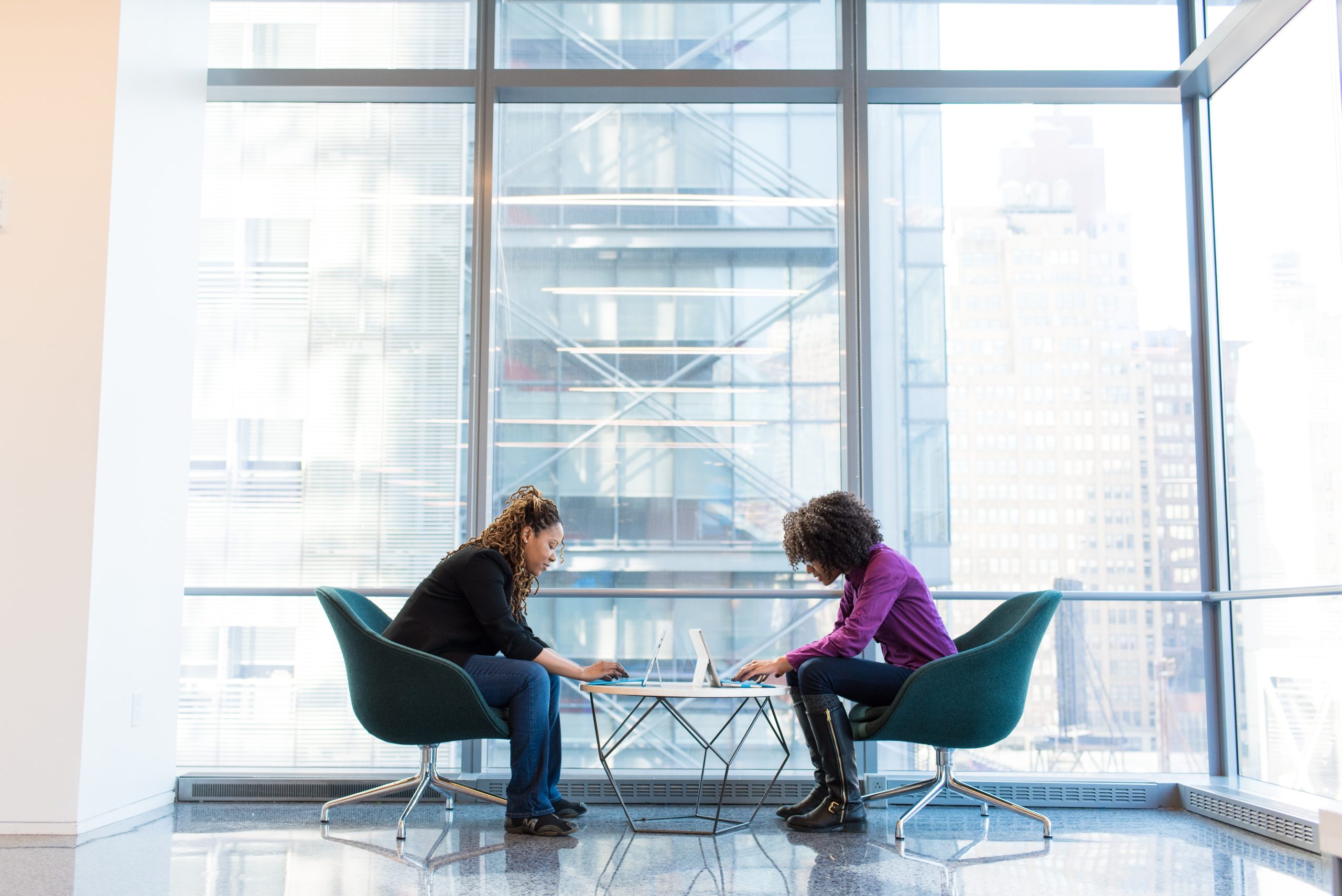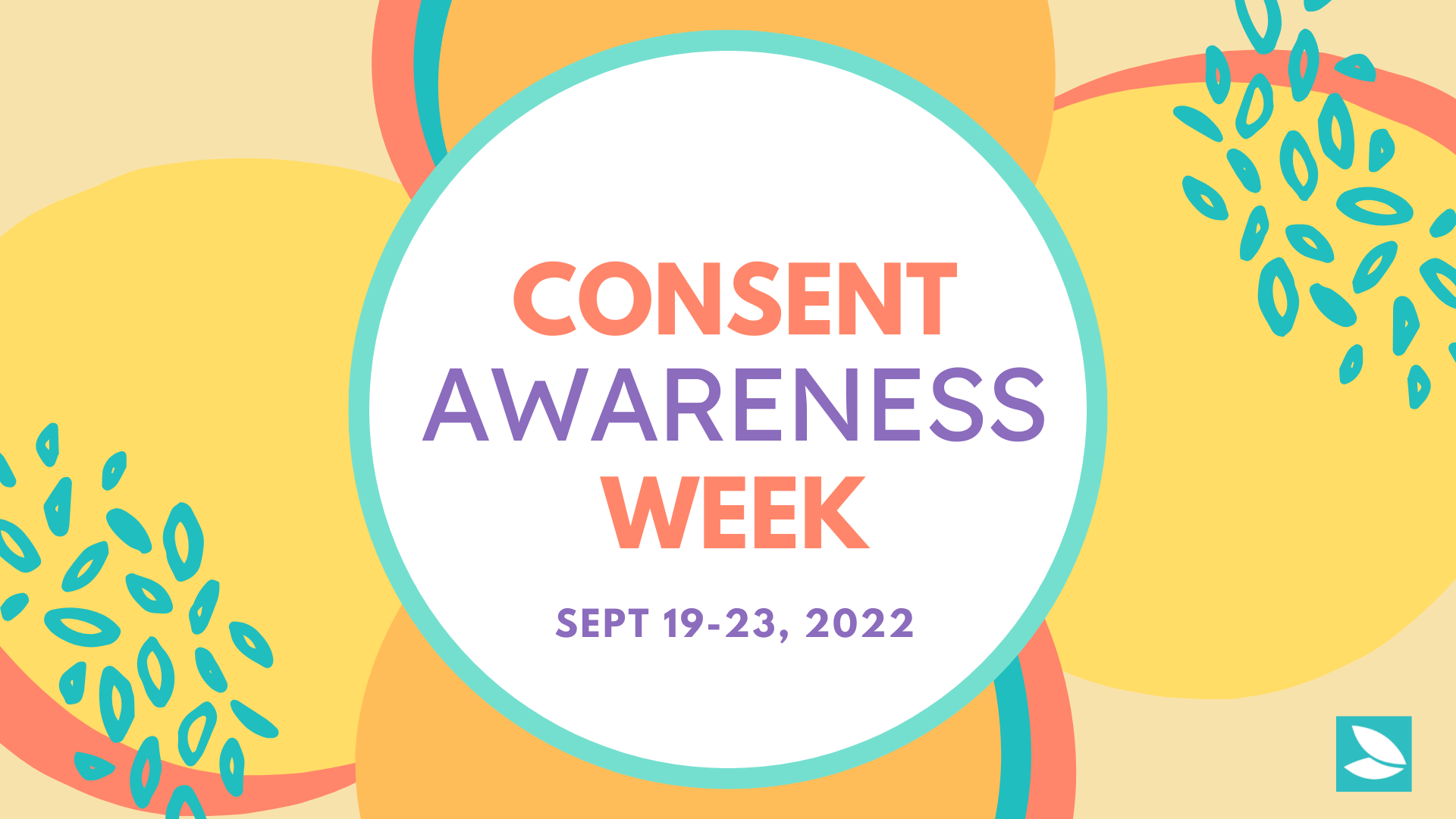
Since 2010, World Sexual Health Day has brought together diverse audiences to celebrate sexual health, wellbeing and rights for all. As we marked the day on September 4, and 2022’s Let’s Talk Pleasure theme, we spoke to the Canadian Advisory of Women Immigrants about their new sexual and reproductive health campaign:
- Tell us about the Canadian Advisory of Women Immigrants and your new Sexual and Reproductive Health Campaign:
The Canadian Advisory of Women Immigrants (CAWI) is a youth-led organization that seeks to empower immigrant women and girls through advocacy efforts across Canada. As part of our work, we have created a Sexual and Reproductive Health Campaign (SRH). Reflecting on our own experiences as immigrants, and those of community members, our team found that this area of education is one that is least talked about in a way that is culturally sensitive, accessible and understanding of the realities of immigrant women, girls and gender diverse folks.
- What are some of the goals of this project?
This project seeks to offer unbiased and evidence-based information about sexual and health reproduction in a culturally sensitive way that uses inclusive language. Our main goal is to create safe spaces where immigrant women, girls and gender diverse folks feel comfortable asking questions and learning about a topic that can be considered taboo in certain communities.
For example, in 2021, we hosted seminars that were led by immigrant women who were knowledgeable in SRH. These included a session with Patience Umereweneza from the Sexual Assault Services of Saskatchewan (SASS), and a panel discussion with Jacklyn St. Laurent, Aria Ramdeo, and Harini Aiyer. This year, with the support of the Regina Public Interest Research Group (RPIRG), we are working on an educational curriculum based on the findings from our research project, where we had immigrant women and gender diverse immigrants share their personal experiences with the current SRH curriculum in Canadian schools and community settings.
Our team’s ultimate goal is to help improve and cater the current curriculum to communities that have historically been underrepresented in educational settings. This is a goal we hope to achieve with the generous support of Oxfam Canada in the upcoming six months!
- What are some of the gaps that you’ve noticed for immigrant women’s sexual health? How will the findings from this project help fill those gaps?
One of the gaps that many folks have highlighted is the need for culturally-sensitive SRH education that is catered towards diverse immigrant communities. Additionally, avoiding a one size fits all approach when it comes to education and care is important too. Other gaps are the lack of diverse topics in SRH education, and the lack of safe spaces for immigrant communities to learn about SRH topics of interest. We hope to use these findings to create a toolkit that addresses the concerns and barriers that immigrant communities face. The toolkit will also equip educators working with immigrant populations with anti-oppressive knowledge to ensure that they engage in this community work in a mindful way and do no harm.
- What are some examples of sexual health issues or barriers that are unique to immigrant and new-comer communities that you have discovered through your research?
We found that there is a huge need for anonymity when engaging around sensitive topics in SRH settings as participants do not want to be put in a place where they feel judged for attending or having questions. During our focus group discussions, we found that many people did not feel comfortable asking questions in classrooms or reaching out to family members. We also found that having trusted readily available online resources can be greatly beneficial and allow people to self-educate using reliable, accurate information.
Another important topic our participants touched on was difficulty around navigating relationships as an immigrant or newcomer. We discussed different kinds of barriers that exist for immigrant women and girls around the world such as emotional barriers, financial barriers, and language barriers. Some of our research participants did not speak English as their first language This language barrier made it difficult to understand existing sexual health curriculums primarily delivered in English. Finally, not being able to reach out to family members and talk about SRH topics made participants feel isolated and that they did not have a safe space or circle to reach out to.
- What needs to be done to better support immigrant women’s sexual health:
- At a community level?
At the community level, there is a need for comprehensive, intersectional SRH education that avoids cookie-cutter approaches for immigrant communities. The diversity of all immigrant communities and across different identities (for ex. 2SLGBTQ+ members) need to be represented. They are not homogenous groups even if they come from the same country. each individual has their own specific needs and interests that are often ignored by the traditional education system. It is crucial for community-led organizations to diversify their educational materials catered towards immigrant groups, have diverse and trained staff, and create anti-oppressive and safe spaces where immigrants can ask questions and share their lived experience without feeling judged.
- At a national/policy level?
It is critical that immigrants with different lived experiences, and especially those at the intersection of different equity deserving identities (disabled, 2SLGBTQ+ etc.) be centered in policy-making . While it is important to have professionals in the field with lived experiences as immigrants, policies affect everyone. This is why concerns and desires for change in policy are best heard when a diverse set of members are present and able to comfortably voice the changes they want made. Beyond simply having a ‘seat at the table’ with policymakers, there also needs to be a comprehensive consultation process throughout the entirety of policy design.
- The 2022 theme of World Sexual Health Day was “Let’s Talk Pleasure”. How does this theme speak to your work with immigrant women’s sexual health?
The theme speaks to our work with immigrant women’s sexual health as our toolkit (currently under development) also incorporates aspects of navigating relationships and dating culture. In this toolkit, we touch on consent and boundaries in relationships emphasizing the importance of promoting sexual pleasure while respecting each others boundaries and space.
Particularly for immigrant women and girls as well as gender diverse folks, there are various barriers that are rooted in diverse systems, cultural norms, and economic injustices that affect sexual expression. Therefore, we want to create a resource that can help us better understand the gaps and barriers that exist Overall, one of the main objectives with our toolkit is to incorporate how we can maintain privacy and confidentiality to ensure people feel comfortable learning about and teaching these topics. Our section on stigma and creating safe spaces touches on what discrimination, racism and prejudice can look like and how we can help overcome stigma in our workplaces, daily lives, and within our friends and family circles.
We also hope to emphasize aspects of bodily integrity and equality when discussing what respect looks like in relationships and the importance of not only feeling respected by your partner but also respecting yourself in relationships. We want immigrant women and girls to feel that they are in control of the decisions they make about their bodies by informing them and providing information and resources before they make any decisions.
- What’s next? How can people get involved with the campaign?
We are currently developing and planning educational workshops for community members on diverse SRH topics, as well as working on the creation of a toolkit for educators and community-based organizations. We are hoping to receive feedback on our findings/work from immigrant serving community organizations and immigrants with lived experience in SRH education settings. We would love to have people contribute their own feedback on our curriculum, if they are open to attending a virtual meeting to discuss our work and how we can make it more inclusive.
After this, we hope to host two workshops this year, and distribute our toolkit to immigrant serving organizations in Canada. In addition, we hope to publish our research findings in a journal to further ensure that our findings are heard at a policy level. We firmly believe that creating an inclusive space in schools in Canada is beneficial to helping immigrants feel heard and better equipped to understand their own sexual and reproductive health.
If you are a young person interested in volunteering alongside us, we always welcome new people to join us! Please reach out to admin@cawicanada.com with a brief expression of interest and your resume.
The Equal Futures Network acknowledges that Indigenous people are the traditional guardians of Turtle Island, on the land also known as Canada






